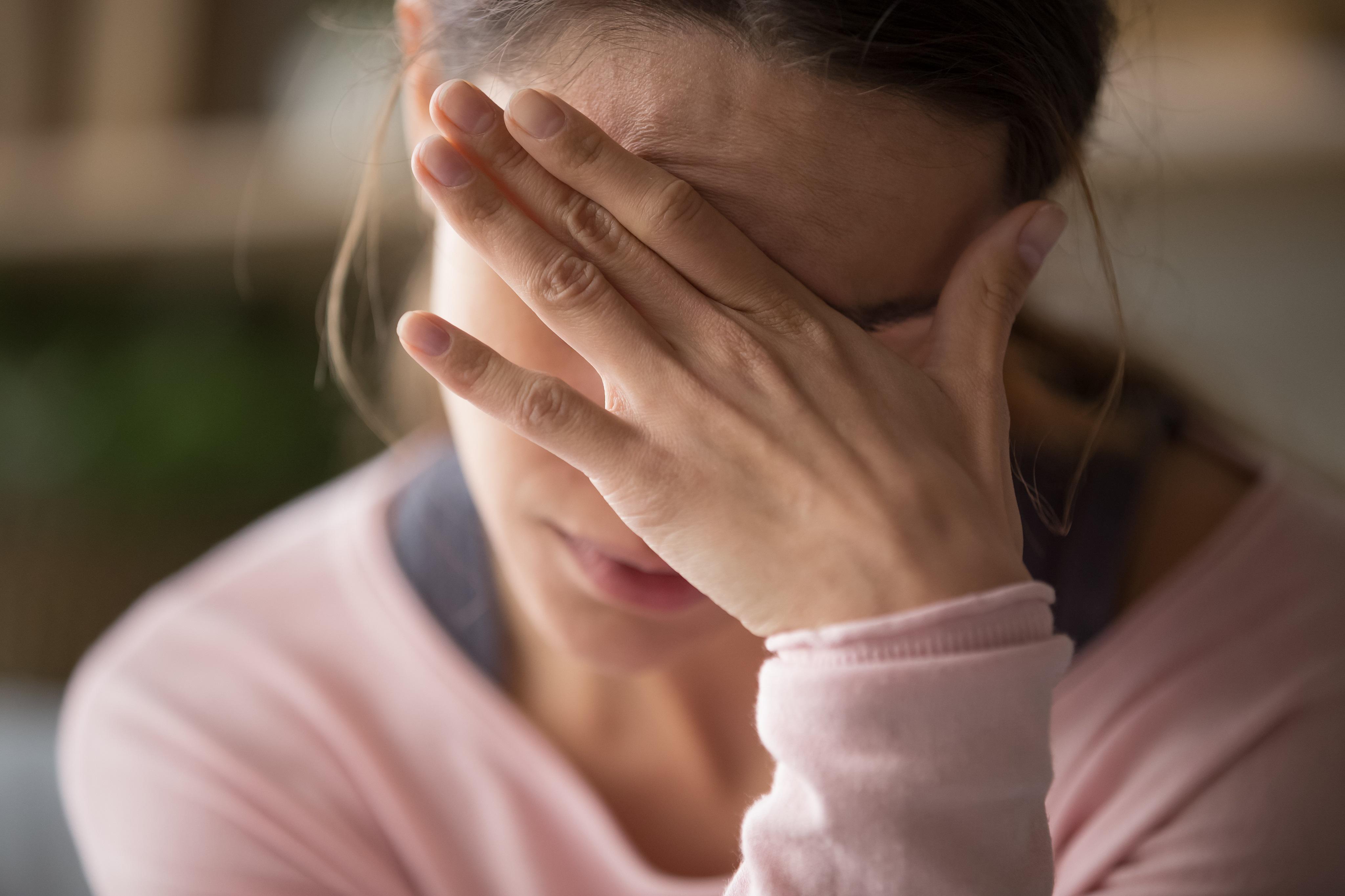Overview
Anxiety is a negative mood state characterized by bodily symptoms of physical tension and by apprehension about the future. In humans, it can be a subjective sense of unease, a set of behaviors, or a physiological response originating in the brain and reflected in elevated heart rate and muscle tension. Because anxiety is difficult to study in humans, much of the research has been done with animals. Anxiety is not pleasant, so why do we seem programmed to experience it almost every time we d something important? surprisingly, anxiety is good for us, at least in moderate amounts. Psychologists have known for over a century that we perform better when we are a little anxious.
Experiencing occasional anxiety is a normal part of life. However, people with anxiety disorders frequently have intense, excessive and persistent worry and fear about everyday situations. Often, anxiety disorders involve repeated episodes of sudden feelings of intense anxiety and fear or terror that reach a peak within minutes (panic attacks).These feelings of anxiety and panic interfere with daily activities, are difficult to control, are out of proportion to the actual danger and can last a long time. You may avoid places or situations to prevent these feelings. Symptoms may start during childhood or the teen years and continue into adulthood.
Examples of anxiety disorders include generalized anxiety disorder, social anxiety disorder (social phobia), specific phobias and separation anxiety disorder. You can have more than one anxiety disorder. Sometimes anxiety results from a medical condition that needs treatment.

Symptoms
Common anxiety signs and symptoms include:
- Feeling nervous, restless or tense
- Having a sense of impending danger, panic or doom
- Having an increased heart rate
- Feeling weak or tired
- Sweating
- Having trouble sleeping
- Trembling
- Breathing rapidly
- Trouble concentrating or thinking anything other than the worry
- Having difficulty controlling worry
- Having the urge to avoid things that trigger anxiety
- Experiencing gastrointestinal problems
:max_bytes(150000):strip_icc()/do-i-have-anxiety-5207282-Final-4bbc1ad0baff4175b9ca76574faa9de6.jpg)
Types of anxiety disorder
- Agoraphobia is a type of anxiety disorder in which you fear and often avoid places or situations that might cause you to panic and make you feel trapped, helpless or embarrassed.
- Anxiety disorder due to a medical condition includes symptoms of intense anxiety or panic that are directly caused by a physical health problem.
- Panic disorder involves repeated episodes of sudden feelings of intense anxiety and fear or terror that reach a peak within minutes. You may have feelings of impending doom, shortness of breath, chest pain, or a rapid, fluttering or pounding heart. These panic attacks may lead to worrying about them happening again or avoiding situations in which they have occurred.
- Generalized anxiety disorder includes persistent and excessive anxiety and worry about activities or events even ordinary, routine issues. The worry is out of proportion to the actual circumstances, is difficult to control and affects how you feel physically, it often occurs along with other anxiety disorders or depression.
- Separation anxiety disorder is a childhood disorder characterized by anxiety that’s excessive for the child’s developmental level and related the separation from parents or others who have parental roles.
- Social anxiety disorder involves high level of anxiety, fear and avoidance of social situations due to feeling of embarrassment, self-consciousness and concern about being judged or viewed negatively by others.
- Substance-induced anxiety disorder is characterized by symptoms of intense anxiety or panic that are a direct result of misusing drugs, taking medications, being exposed to a toxic substance or withdrawal from drugs.
- Specific phobia are characterized by major anxiety when you are exposed to a specific object or situation and a desire to avoid it. Phobias provoke panic attacks in some people.
- Other specified and unspecified anxiety disorder are terms for anxiety or phobias that don’t meet the exact criteria for any other anxiety disorders but are significant enough to be distressing and disruptive.

Treatments of anxiety disorder

